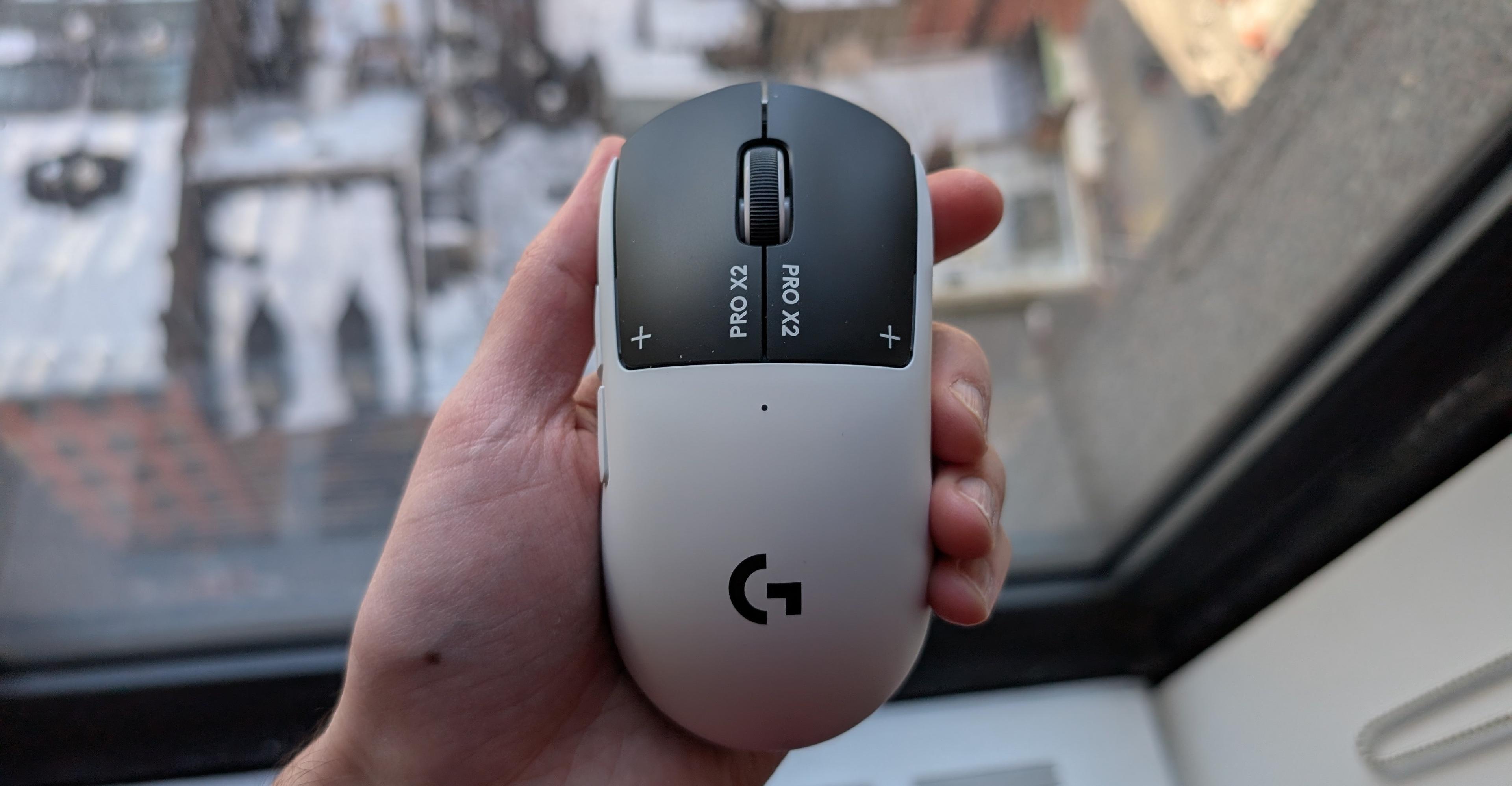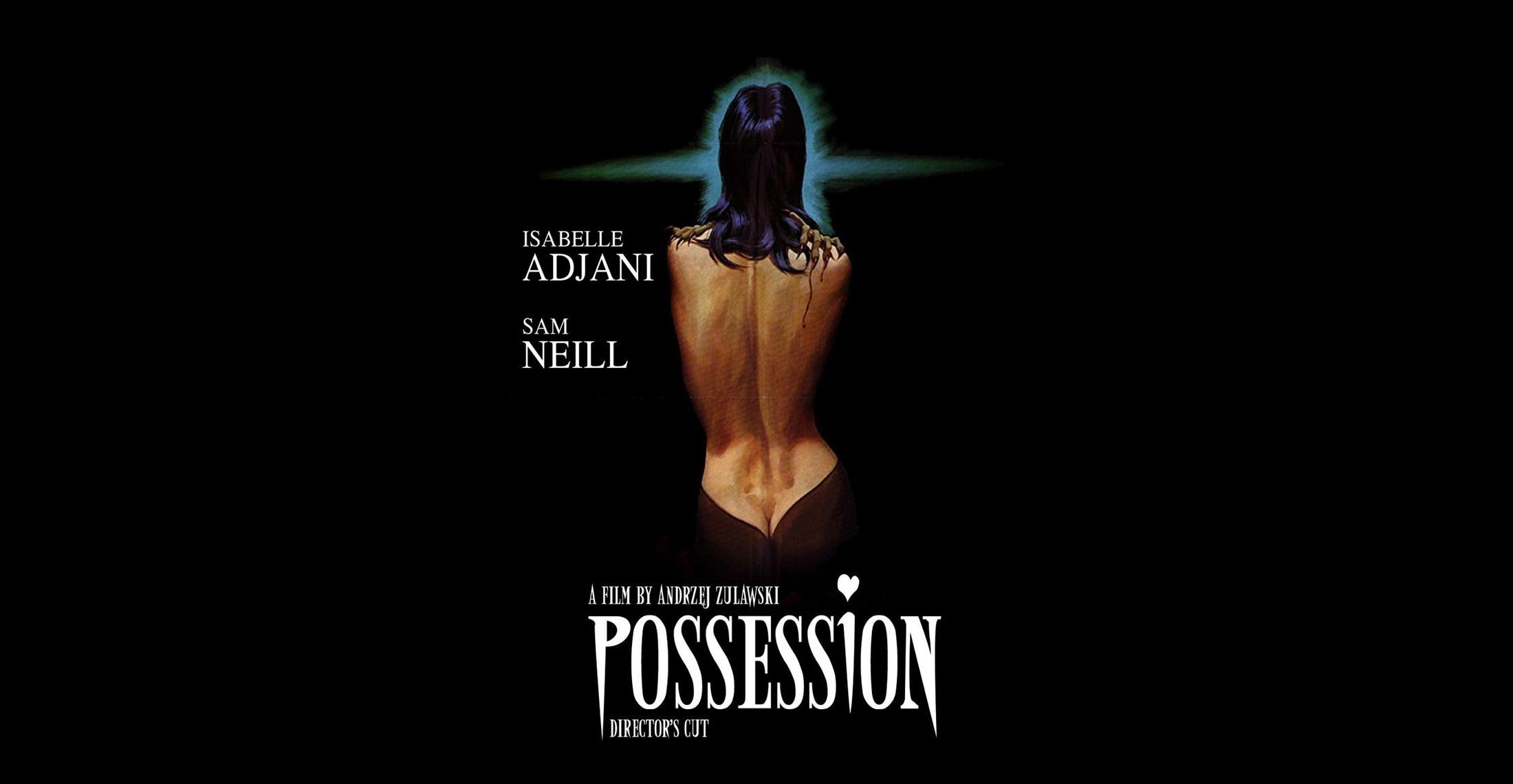Can’t buy, won’t sell: Today’s housing market, explained.


Buying a house just doesn’t feel possible right now.
Home prices have doubled in the last decade, with much of that growth happening in just the last four years. By one measure, housing affordability has fallen to its lowest level since the 1980s. And high interest rates have exacerbated the problem, ballooning monthly mortgage payments.
But it’s not easier on the other side of the equation. Would-be sellers — grappling with those same high interest rates — are locked into homes that may be too small for their growing families. Parents with newly empty nests would rather stay put than pay the same amount or more for a smaller home.
The result: The pandemic-era housing boom is over. Home sales in 2023 were the lowest they’ve been in nearly 30 years.
“The housing market is pretty frozen in place,” the Wall Street Journal’s housing reporter Nicole Friedman told Today, Explained co-host Noel King. “There’s really kind of a standoff right now between buyers and sellers.”
So how did the housing market go from frenzy to frozen in just a few years’ time? And what might turn the heat back on?
What follows is the transcript of a conversation between King and Friedman, edited for length and clarity. —Amanda Lewellyn, producer
Noel King
Nicole, we have a very young audience, and I want you to tell us about something that I never knew about — or I never realized at all — until I got a mortgage when I was 40, which is: Interest rates actually mean something. So if I don’t know about mortgages, I might think 3 percent, 7 percent. That’s not a big deal. What does an interest rate, a higher interest rate, actually mean for a person getting a 3 percent and a person getting a 7 percent?
Nicole Friedman
So that type of change in interest rate is a huge difference in terms of the monthly payment. At a 3 percent interest rate versus a 7 percent rate, that can be a difference of hundreds of dollars — even maybe $1,000 difference — in what you’re paying every single month. And so that’s really, for many people, the difference between being able to buy a home or not, or being able to buy a home of a certain size or in a certain neighborhood versus not being able to afford it.
Noel King
Right. Because also, it’s not like you get a raise because interest rates have gone up. It’s not like any other part of your budget, or your life, gets better to account for interest rates going up.
Nicole Friedman
Absolutely. And that’s why we talk a lot about affordability, right? Homebuying affordability or housebuying power. The way that economists think about homebuying affordability usually is a combination of the price of the house, the mortgage rate, and income. So it’s really, what is that monthly payment going to be? And then, how much of your income does it take to pay that monthly payment?
The benchmark for “affordable” is that you really shouldn’t be spending more than 30 percent of your income on your housing payment. One index that tracks housing affordability from the National Association of Realtors shows that in October, homebuying affordability fell to the lowest level since the ’80s.
So even though there are times in the past when mortgage rates have been much higher than they are today, it’s really the combination of rates and prices and incomes that means that affordability is still worse.
Noel King
Okay, so there’s a third piece of this that is also super interesting, which is: If interest rates are high and fewer people are buying, it seems like that should mean the people selling have got to lower the prices of the houses. You have fewer buyers. “Okay, we have to compromise. We’re just going to make less money on this house.”
And yet, I haven’t seen many stories saying home prices in America are super low since interest rates went up and the competition waned. What is that about?
Nicole Friedman
We think about just classic economics. There are two things in setting a price: There’s demand and there’s supply.
The thing about higher mortgage rates and the fact that they rose as quickly as they did in 2022 — it really lowered demand. A lot of buyers stepped out of the market, but the increase in mortgage rates also lowered supply; a lot of home sellers are also buyers. There are people who are going to sell a home so that they can buy a home.
And these people said, “Wait a minute. [In] my current home, I have a great mortgage rate. I have a 3 percent rate. I have a low payment. If I go back out onto the market, I’m paying a higher price for that home because prices have risen in the last couple of years and I’m paying a higher mortgage rate. I cannot afford to sell my home and buy a different one. I’m just going to stay put.”
That means that the supply of homes for sale is much, much lower than normal. Any buyer who’s out on the market right now is probably noticing that there’s not a lot of inventory to choose from.
That means that even though demand is down, supply is down, too. So prices really haven’t declined in most of the country.
Noel King
Nicole, crazy question. Are there enough houses?
Nicole Friedman
Everybody basically agrees there are not enough homes, because after the financial crisis, a lot of homebuilders went out of business. The ones who were left in business were really, really financially scarred by the crisis. They were left with a lot of homes they couldn’t sell and a lot of land they couldn’t sell. So builders became a lot more cautious, and the number of homes being built fell to a much lower level. It’s taken more than a decade for homebuilding activity to really catch back up.
Noel King
The baby boomer generation gets a lot of crap for buying the seven-bedroom house with the big backyard for seven raspberries and 40 years later, still sitting on the house. Are the boomers — God bless them, every one — are they really part of the problem, or should we leave the boomers alone?
Nicole Friedman
Well, every boomer would tell you that they bought it for seven raspberries, but at a 15 percent mortgage rate. I don’t think that boomers are the problem here. It is a change from past generations that the baby boomer generation is aging in place more than past generations, and they are often working longer. They’re staying healthier longer. And so they are able to stay in their homes for longer, and that’s their choice. That’s fine. But it does mean that the typical cycle of how long somebody normally stays in their home before they sell it has gotten longer.
People are staying in their home for longer, and that does contribute to less turnover on this ladder of how people move through the housing market. Normally, you buy a starter home and then you move up to a bigger home and maybe eventually you downsize to a smaller home. That ladder gets a little jammed up if people don’t move as frequently.
But I would also say, what’s really jamming up the gears right now are those move-up buyers. That’s going to be Generation X. These are people that are in starter homes that they bought within the last five, 10 years, and they’re looking for that next move up. There may be a young family who bought a home before they had kids — or when they had just one kid, and now they have a second child and they need another bedroom — and they want a bigger home.
But those people are saying, “I can’t give up this 3 percent mortgage rate,” even though, in this “natural” cycle, they should be selling their starter home to a first-time buyer and moving into a bigger home that’s being vacated by a downsizing baby boomer. But those people are so stuck in place that they just can’t afford to make that move. Arguably, they’re really the ones right now kind of jamming up the gears.
Noel King
Americans are made to feel like we should buy houses. We hear all about the benefits. We hear much less about the drawbacks.
What does it mean that it is starting to feel less and less accessible? This thing that once upon a time and for a long time was considered to be part of the American Dream, and now there’s an entire generation — millennials, and Gen Z hot on our heels — who feel like it just might never happen?
Nicole Friedman
Yeah, I think it does feel frustrating to people. People do want to own homes, by and large. There was a theory once upon a time that millennials didn’t want to own homes. I think that’s been proven wrong.
Noel King
We were just broke! We were just broke when they were saying that about us.
Nicole Friedman
Exactly. And it’s now very clear that millennials are like prior generations. They do want to own homes.
Partly it is a financial investment: Homeownership is a key way to build wealth and has been, in this country, an important way to build wealth. But it’s also a very emotional thing. A lot of people want stability. They want a sense of ownership. They want to be able to paint their walls and redecorate their house, and they don’t want to worry about the rent going up, or about their landlord deciding to sell the building and them not being able to stay.
Right now, that gap between what it costs to rent and what it costs to own in a lot of places is pretty out of whack. It’s just much more expensive to buy right now than it typically is. And I think that people are realizing that and trying to come to terms with what it means.
But it’s also a bigger question as a society, how much we want to prioritize homeownership and homebuying affordability.
Be sure to follow Today, Explained on Apple Podcasts, Spotify, Pandora, or wherever you listen to podcasts.
Pakistan, US agree to enhance bilateral trade, economic ties, counterterrorism cooperation
- 3 hours ago

Google announces dates for I/O 2026
- 5 hours ago

Logitech’s new Superstrike is a faster, more customizable gaming mouse
- 14 hours ago

You need to watch the intensely surreal cult classic Possession
- 14 hours ago
NORAD detects Russian planes off of Alaska, sends aircraft in response
- 4 hours ago

The world’s rainforests are vanishing. In this one country, they’re growing back.
- 12 hours ago

A new Supreme Court gerrymandering case is nightmare fuel for Democrats
- 12 hours ago

The Brazilian playbook for defending democracy
- 12 hours ago

Gold prices continue to surge in Pakistan, global markets
- 4 hours ago

America After Trump
- 12 hours ago
PM Shehbaz calls for independent, sovereign state of Palestine
- 4 hours ago

Scientists have found another alarming pattern in wildfires
- 12 hours ago







